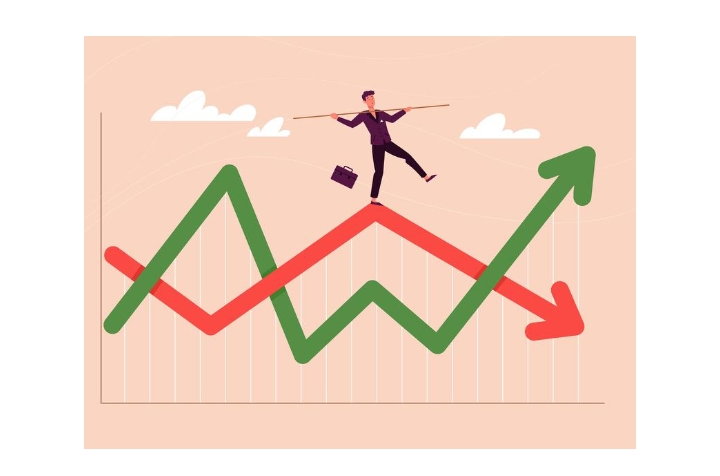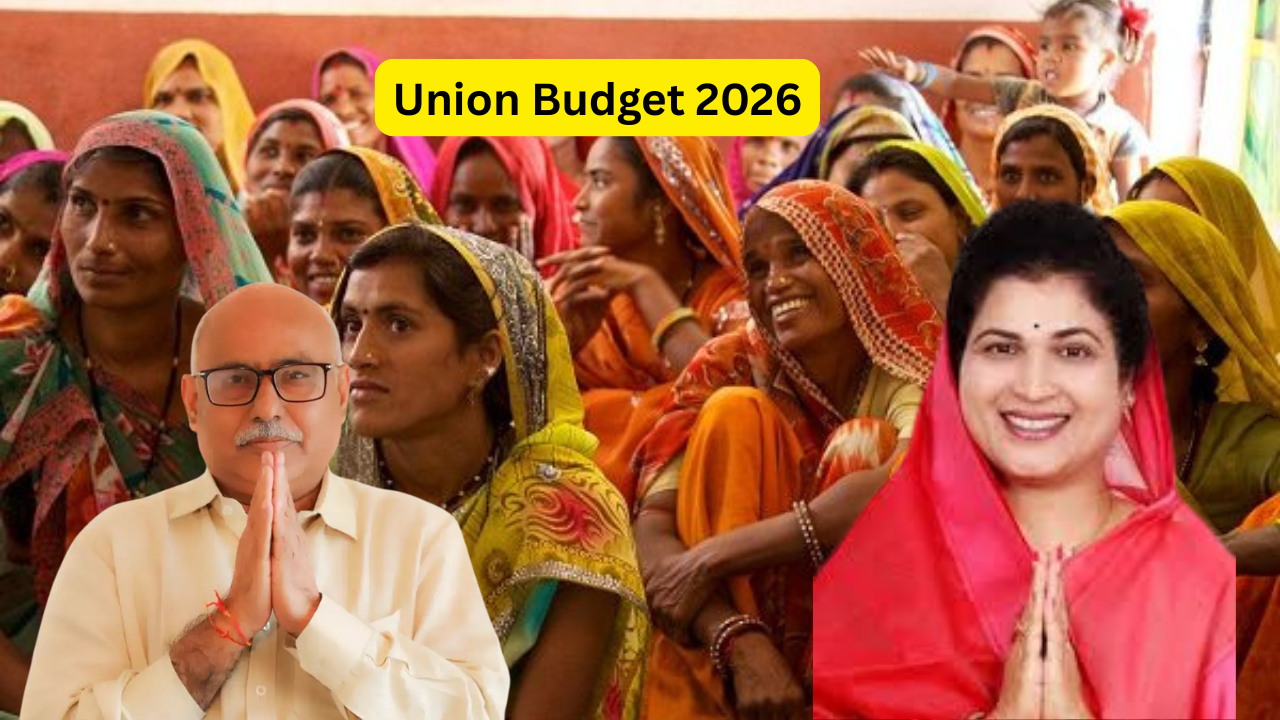Gresham’s law:
The law, named after English financier Thomas Gresham, came into play most recently during the economic crisis in Sri Lanka last year, during which the Central Bank of Sri Lanka fixed the exchange rate between the Sri Lankan rupee and the U.S. dollar.
Gresham’s law refers to the dictum that “bad money drives out good.” Gresham’s law comes into play when the exchange rate between two moneys or currencies is fixed by the government at a certain ratio that is different from the market exchange rate. Such price fixing causes the undervalued currency — that is, the currency whose price is fixed at a level below the market rate — to go out of circulation. The overvalued currency, on the other hand, remains in circulation but it does not find enough buyers.
It should be noted that the market exchange rate is essentially an equilibrium price at which the supply of a currency is equal to the demand for the currency. Also, the supply of a currency in the market rises as its price rises and falls as its price falls; while, on the other hand, the demand for a currency falls as its price rises and rises as its price falls. So, when the price of a currency is fixed by the government at a level below the market exchange rate, the currency’s supply drops while demand for the currency rises. Thus price cap can lead to a currency shortage with demand for the currency outpacing supply.
Origins of the term
Gresham’s law is named after English financier Thomas Gresham who advised the English monarchy on financial matters. It applies not just to paper currencies but also to commodity currencies and other goods. In fact, whenever the price of any commodity — whether it is used as money or not — is fixed arbitrarily such that it becomes undervalued when compared to the market exchange rate, this causes the commodity to disappear from the formal market. The only way to get hold of an undervalued commodity in such cases would be through the black market. Sometimes, countries can even witness the outflow of certain goods through their borders when they are forcibly undervalued by governments.
Gresham’s law can be seen at play whenever a government fixes the exchange rate (or price) of a commodity (such as gold and silver coins) far below than the market price of the commodity backing them. In such cases, people who hold commodity money would stop offering the money at the price fixed by the government. They may even melt such commodity money to derive pure gold and silver that they can sell at the market price, which is higher than the rate fixed by the government.
https://instagram.com/mib_india?igshid=MzRlODBiNWFlZA==
Driving out the dollar in Sri Lanka
The law came into play most recently during the economic crisis in Sri Lanka last year, during which the Sri Lankan central bank fixed the exchange rate between the Sri Lankan rupee and the U.S. dollar. The Central Bank of Sri Lanka, at a certain point, mandated that the price of the U.S. dollar in terms of the Sri Lankan rupee should not rise beyond 200 rupees per dollar even though rates in the black market suggested that the U.S. dollar should sell for far more than 200 rupees. In effect, people were banned from paying more than 200 Sri Lankan rupees for a dollar, thus causing the rupee to be overvalued and the U.S. dollar to be undervalued when compared to the market exchange rate. This caused the supply of dollars in the market to fall and the U.S. dollar to be gradually driven out of the formal foreign exchange market. People who wanted U.S. dollars to purchase foreign goods then had to purchase dollars from the black market by paying far more than 200 Sri Lankan rupees for each U.S. dollar.
Gresham’s law, however, holds true only when the exchange rate between currencies is fixed under law by the government and the law is implemented effectively by authorities. In the absence of any government decree fixing the exchange rate between currencies, it is good money that eventually drives bad money out of the market and not the other way round. When the exchange rate between currencies is not fixed and people have the choice to freely choose between currencies, people gradually stop using currencies that they consider to be of poor quality and adopt currencies that are found to be of better quality. This phenomenon wherein “good money drives out bad” is called Thiers’ law (named after French politician Adolphe Thiers) and it is seen as a complement to Gresham’s law. The rise of private cryptocurrencies in recent years has been cited by many analysts as an example of good money issued by private money producers driving out bad money issued by governments.
Latest:







